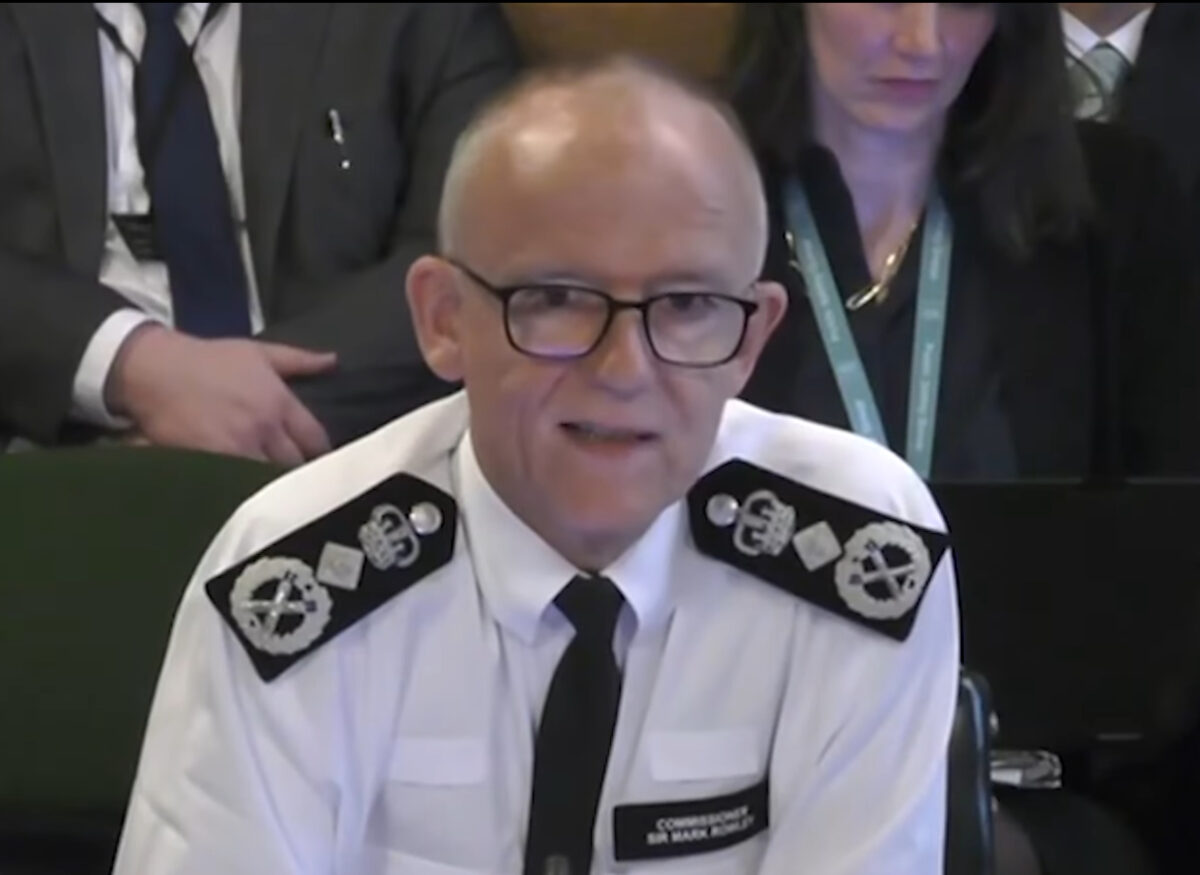A Child Caught in the Crossfire of Political Tensions
British police have made headlines with a startling arrest—an 11-year-old boy taken into custody for participating in anti-immigration protests that turned chaotic. This incident has raised eyebrows across the nation as it highlights the increasing tension surrounding political dissent.
On Thursday, local authorities confirmed the arrest as part of a broader initiative to crack down on those involved in recent demonstrations. As reported by The Evening Standard, this young boy was among a group of fourteen individuals apprehended during early morning raids in Teesside. It’s important to note that this brings the total number of arrests related to these protests to a staggering one hundred and ten.
Unprecedented Violence Sparks Police Action
Superintendent Marc Anderson addressed officers before their operations commenced on Wednesday morning. He described the recent unrest in Middlesbrough as unlike anything he had witnessed in his three-decade career. “What the community had to put up with that day was completely unacceptable,” he stated firmly.
The protests erupted earlier this month and were characterized by significant disorder throughout Hartlepool and Middlesbrough—areas now grappling with some of the most severe civil disturbances seen in years. While many demonstrators may have acted peacefully, law enforcement is under pressure from the new left-wing government to adopt a tough stance against any perceived disorderly conduct.
The Broader Implications of Recent Events
This situation echoes similar upheavals seen during summer protests across Britain following George Floyd’s death and fueled by the global Black Lives Matter movement. Back then, Prime Minister Keir Starmer showed support for protestors and even posed while “taking the knee,” which drew attention to his stance on social justice issues.
As political landscapes shift rapidly within Britain, it’s clear that public sentiment regarding freedom of expression is being tested. In response to rising tensions surrounding free speech online—especially after Elon Musk’s ownership of X (formerly Twitter)—the government has also begun exploring measures aimed at censoring or even shutting down social media platforms accused of inciting violence.


Leave a Comment